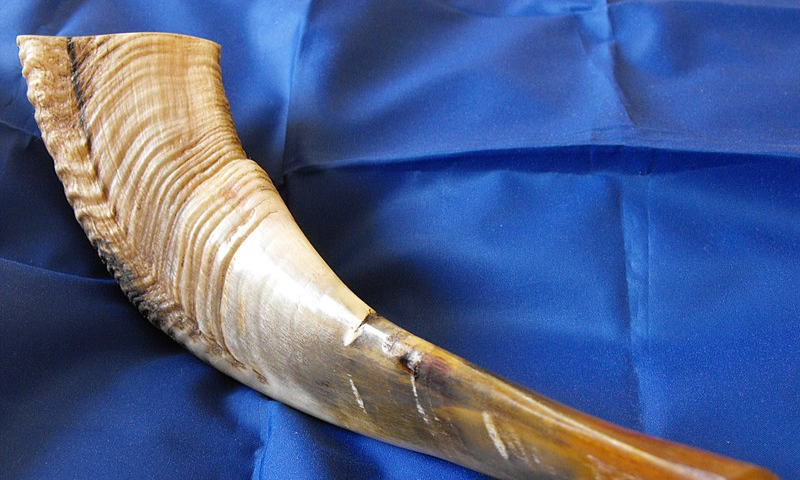Rabbi Jonathan Sacks
The Rabbi Sacks Legacy, September 2017
“The trouble is, of course, that faced with choice, we often make the wrong one.”
The Ten Days of Repentance are the holy of holies of Jewish time. They begin this Wednesday evening with Rosh Hashanah, the Jewish New Year, and culminate 10 days later with Yom Kippur, our Day of Atonement. At no other time do I feel so close to God, and I suspect the same is true for most Jews.
These days constitute a courtroom drama like no other. The Judge is God Himself, and we are on trial for our lives. It begins on Rosh Hashanah, with the sounding of the shofar, the ram’s horn, announcing that the court is in session. The Book of Life, in which our fate will be inscribed, now lies open. As we say in prayer, “On Rosh Hashanah it is written, and on Yom Kippur it is sealed, who will live and who will die.” At home, we eat an Apple dipped in honey as a symbol of our hope for a sweet new year.
On Yom Kippur, the atmosphere reaches a peak of intensity in a day of fasting and prayer. Repeatedly we confess our sins, whole alphabetical litanies of them, including ones we probably had neither the time nor the imagination to commit. We throw ourselves on the mercy of the court, which is to say, on God Himself. Write us, we say, in the Book of Life.
And at the end of a long and wrenching day, we finish as we began 10 days earlier, with the sound of the ram’s horn – this time not with tears and fears but with cautious yet confident hope. We have admitted the worst about ourselves and survived.
… [To read the full article, click here]


